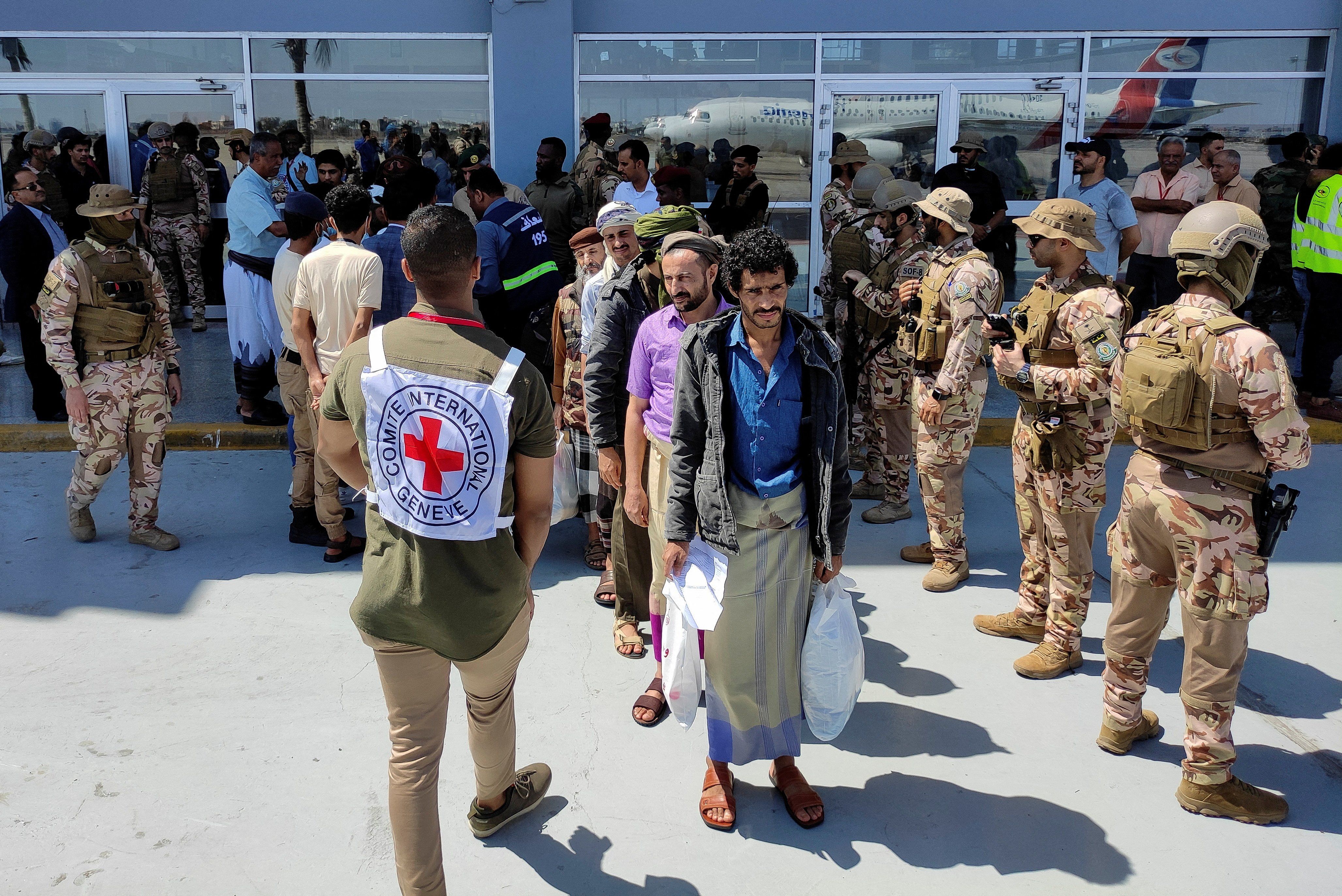900: In the biggest prisoner exchange in Yemen since 2020, 900 prisoners are expected to be swapped in the days ahead as part of ongoing talks between Houthi rebels, backed by Iran, and the Saudi-backed government. The confidence-building measure comes amid rising hopes that Yemen's brutal eight-year war might soon come to an end.
1,000: North Korea launched its first intercontinental ballistic missile test in a month, with some reporting that Pyongyang tested an advanced, harder-to-detect missile for the first time. Following a 1,000-kilometer flight (620 miles), the missile landed in waters between the Korean Peninsula and Japan. Japanese authorities on the northern island of Hokkaido urged residents to seek shelter.
91: German imports of Russian goods dropped by 91% during the first year of Russia’s war in Ukraine. Moscow had previously been the country’s 11th-biggest source of imports, but as a result of Western sanctions has since dropped to … 46th place.
10: Jacinda Ardern may have bowed out, but women leaders are getting ahead in New Zealand. For the first time, the country has gender parity in the cabinet. Thanks to a reshuffle by PM Chris Hipkins, there are now 10 women and 10 men in his cabinet.
8: Citing poor weather conditions, the European Space Agency has delayed the launch of a satellite to the planet Jupiter, an ambitious mission that will take eight years. The Jupiter Icy Moons Explorer project, dubbed Juice, aims to explore whether the fifth planet's major moons hold deep bodies of water. The agency will try again in the coming days.
